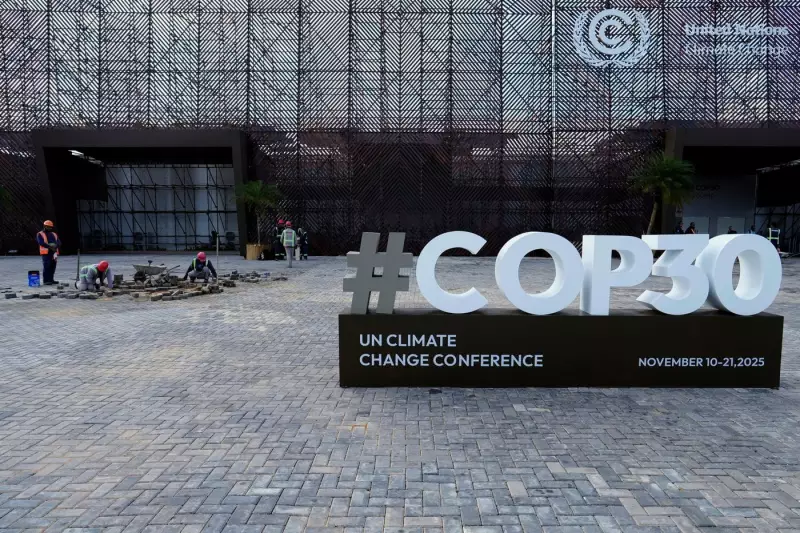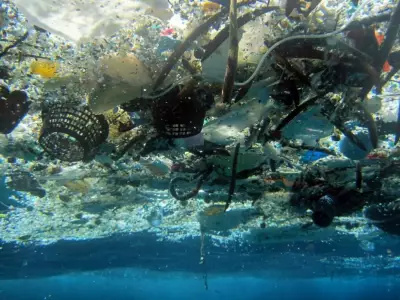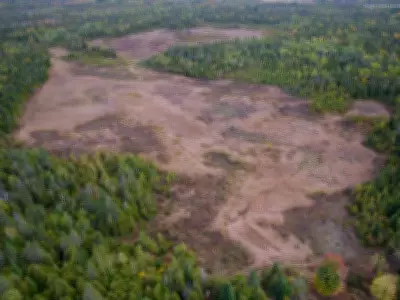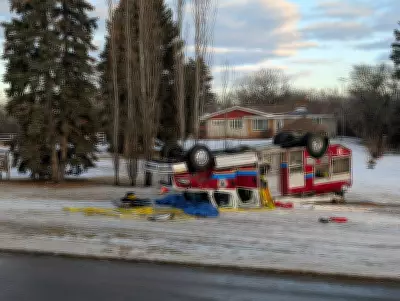
With another round of United Nations climate negotiations set to begin in Brazil, a growing chorus of environmental experts and activists is delivering a blunt message: the time for talking is over, and the era of action must begin.
The upcoming talks, scheduled to take place in the coming weeks, represent yet another critical juncture in the global fight against climate change. However, many observers are expressing frustration with what they see as a pattern of endless dialogue without sufficient concrete results.
The Growing Impatience with Climate Diplomacy
Environmental organizations and climate scientists are increasingly vocal about their concerns that international climate negotiations have become mired in bureaucratic processes and diplomatic niceties. While acknowledging the importance of multilateral cooperation, they argue that the urgency of the climate crisis demands a fundamental shift in approach.
"We've been talking about climate change for decades now," noted one veteran climate policy analyst. "What we need now isn't more eloquent speeches or carefully worded declarations—we need verifiable, measurable action that actually reduces emissions and protects vulnerable communities."
Brazil's Crucial Role in Global Climate Efforts
The choice of Brazil as host nation adds another layer of significance to these talks. As home to the Amazon rainforest—often called the "lungs of the planet"—Brazil plays an outsized role in global climate regulation. Recent years have seen concerning rates of deforestation in the region, making the country's environmental policies a subject of international scrutiny.
Climate advocates hope the talks will not only address global emission reduction targets but also strengthen protections for critical ecosystems like the Amazon. The presence of the negotiations in Brazil puts additional pressure on the host nation to demonstrate leadership in forest conservation.
Key Demands from Environmental Groups
- Binding commitments with clear timelines for emission reductions
- Increased financial support for developing nations transitioning to clean energy
- Stronger mechanisms for monitoring and enforcing climate agreements
- Greater inclusion of Indigenous voices in climate decision-making
- Accelerated timelines for phasing out fossil fuel subsidies
The Stakes of Inaction
Scientific reports continue to paint an increasingly dire picture of the consequences of delayed climate action. From more frequent and intense extreme weather events to rising sea levels threatening coastal communities, the impacts of global warming are already being felt worldwide.
"Every year of delayed action makes the necessary transition more difficult and expensive," explained a climate economist familiar with the negotiations. "We're reaching a point where incremental progress is no longer sufficient—we need transformational change across our energy, transportation, and agricultural systems."
As delegates prepare to gather in Brazil, the world watches with a mixture of hope and apprehension. The question hanging over the proceedings is whether this round of talks will produce the breakthrough that so many have been waiting for, or whether it will become merely another chapter in the long history of climate promises yet to be fulfilled.





